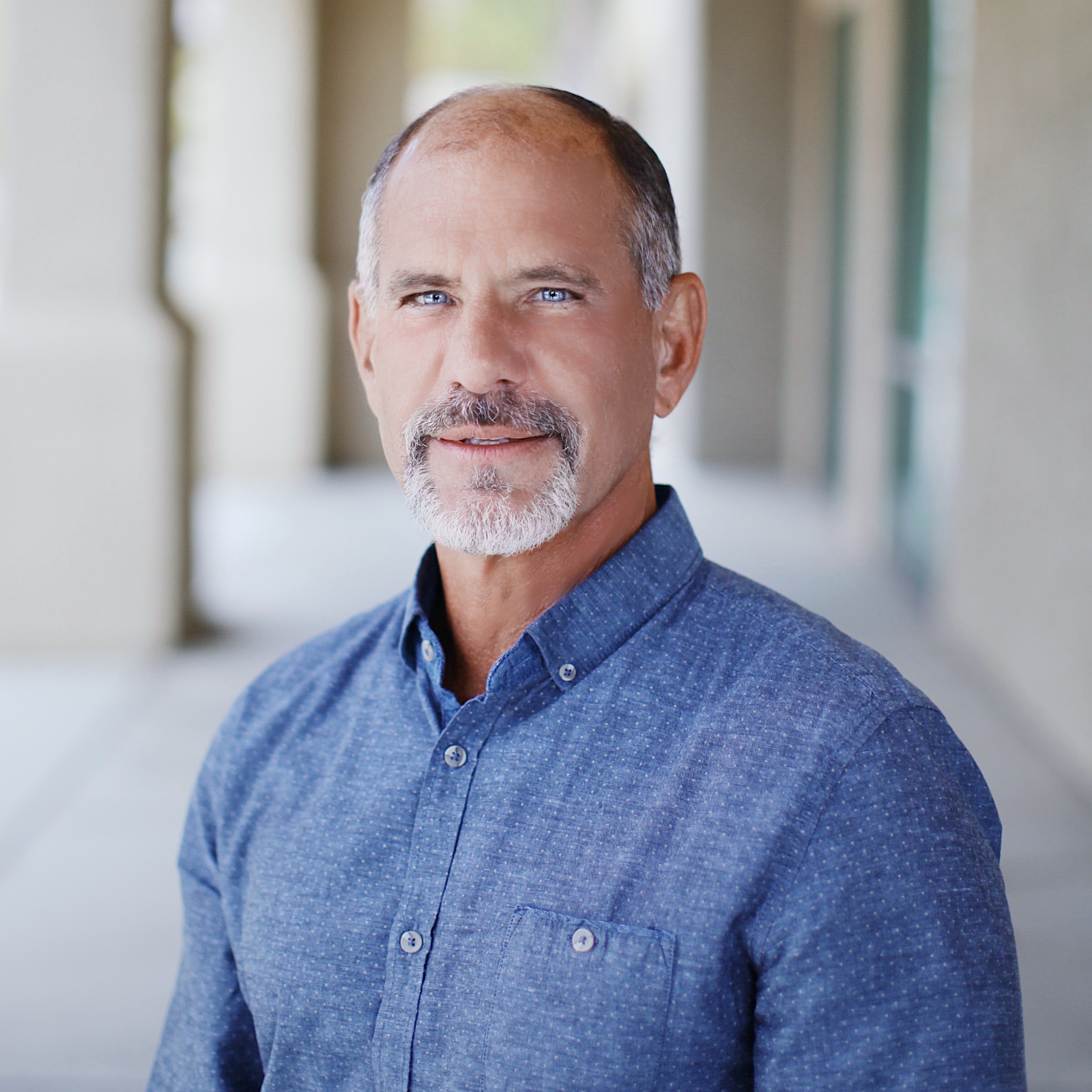Josiah was the last of the good kings of Judah. He was sandwiched between the wickedest king and a succession of rulers who seemed ambitious of the title “Most Evil.”
Josiah’s grandfather was the ultra-wicked king Manasseh who outdid all previous kings in turning to idols. He built pagan altars in the temple court. Besides his blatant apostasy, Manasseh sacrificed his children to idols. Capping his wickedness, 2 Kings 21:16 says, “Moreover Manasseh shed very much innocent blood, till he had filled Jerusalem from one end to another, besides his sin by which he made Judah sin, in doing evil in the sight of the Lord.”
His long reign of fifty-five years increased the influence of Manasseh’s wickedness. When he died, his son Amon took the throne and aped his father’s path. A palace conspiracy saw him assassinated after only two years, leaving his eight-year-old son, Josiah, in line for the throne. Stewards ran the kingdom for him till he turned sixteen, then Josiah took charge. He sent teams to clear out the idols in the temple, Jerusalem, and across the land. Pagan altars were dismantled. Long neglect and abuse of God’s temple in Jerusalem meant it had fallen to grievous disrepair. Josiah commissioned its repair. For all this, Scripture calls him a good and godly king.
When Josiah died in an ill-advised campaign against Egypt, his son Jehoahaz became king and promptly returned to the idol-loving path of his great-grandfather Manasseh. Jehoahaz was replaced by his brother Eliakim (renamed Jehoiakim), who proved no different than his brother. He too, worshipped idols, as did the subsequent kings until the Babylonians arrived, conquered Judah, and leveled Jerusalem.
Repeatedly in the narratives of this time, God’s pronouncement that Judah would be conquered and go into exile because of the wickedness of Manasseh, though he died decades before Babylon arrived to carry out the sentence of judgment. For instance –
Nevertheless the Lord did not turn from the fierceness of His great wrath, with which His anger was aroused against Judah, because of all the provocations with which Manasseh had provoked Him. 2 Kings 23:26 (NKJV)
I will hand them over to trouble, to all kingdoms of the earth, because of Manasseh the son of Hezekiah, king of Judah, for what he did in Jerusalem. Jeremiah 15:4 (NKJV)
Josiah brought much-needed religious reform to Judah. The report in 2 Kings of all he did to erase idolatry from the land is remarkable. Yet, as soon as he was gone, idols returned. The reason why is revealed in that nod to the wickedness of Manasseh we see so often connected to why God judged Judah.
As king, Josiah had the authority and resources to enforce reform. What Josiah did not have was the ability to affect revival. Idols disappeared from the landscape, but not the hearts of the people. They just went into hiding because they were officially off the table. Proof they had taken refuge in the people’s hearts is that as soon as Josiah was gone, the idols reappeared. The kings who followed Josiah didn’t re-establish idolatry against people’s will. They adopted a religious policy aligned with what they wanted. They wanted idols.
Josiah’s reforms were good and right. But they didn’t affect revival. The only thing that would end idolatry among God’s people was a heart return to Him. That’s what revival is.
As we watch society turn increasingly secular, bowing to the modern idols of technology and ideology, many conservative Christians think the answer is to vote suitable candidates into office so they can reform the system. Reform IS needed. But reform isn’t enough. Because as soon as the reformers are replaced in the next election cycle (be assured, they WILL be), the reforms will be set aside in a return to the secular status quo because that is what most people want.
We need a revival that reforms hearts, not just laws and policies. History makes clear you can have reform without revival, but not revival without reform.
Photo by Luis Alberto Sánchez Terrones on Unsplash

Lance is the founding and lead pastor of Calvary Chapel Oxnard where he has served since 1982. Lance & David Guzik co-pastored the church for six years before David planted a church in a nearby community.
Lance & his wife Lynn were married in 1980 and have three adult children and five grandchildren. Lance loves teaching the Bible, History, and Leadership. He holds Masters-of-Arts in Biblical Studies and Ministry.
Lance serves as a chaplain for both the Oxnard and Port Hueneme Police Departments and enjoys backpacking, wood-working, working out, gardening, home improvement projects, reading, and graphic design.
The popular Communio Sanctorum: History of the Christian Church podcast can be found in both audio and video at the Into His Image website along with a growing inventory of Lances teaching.





“We need a revival that reforms hearts, not just laws and policies. History makes clear you can have reform without revival, but not revival without reform.”
I couldn’t agree more, Lance. I wonder how our culture might change if those who named the name of Christ committed as much energy, assets, and time to spiritual endeavors and disciplines—such as prayer, evangelism, and discipleship—over political drama. But the Red v. Blue game of political drama is enticing, and it has gripped many.
Miles,
Agreed. It seems many have been seduced into the modernist mindest where politics IS religion.
Lance